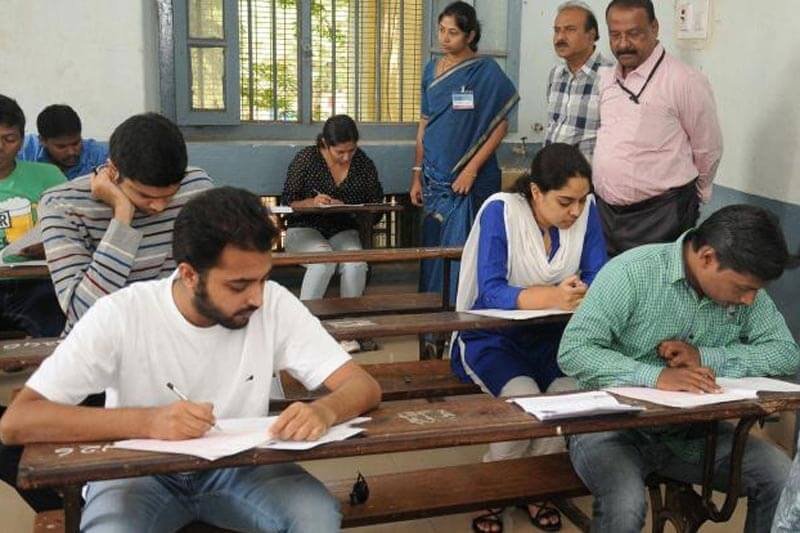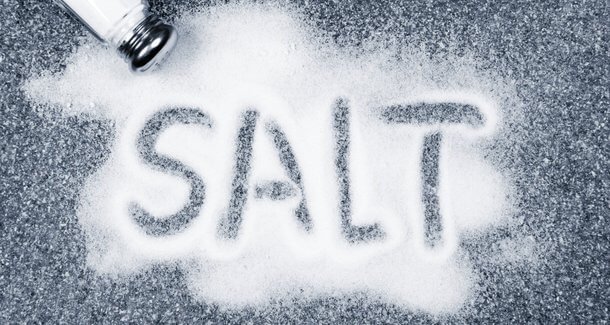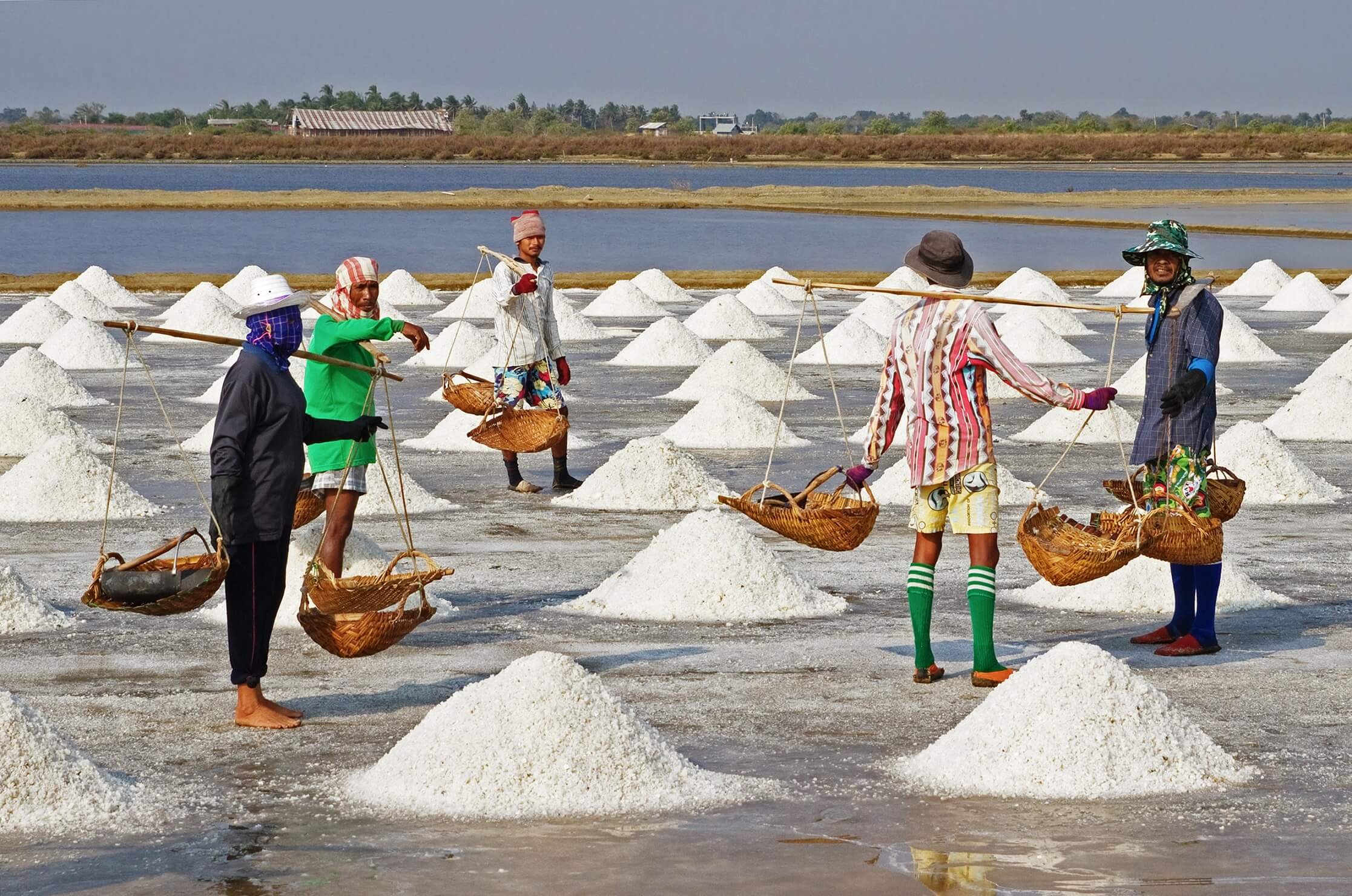The job of a civil servant is considered one of the best jobs in India. Along with an attractive salary package and perks, with the job comes immense respect of society and a chance to make a difference in the lives of a lot of people. What makes it even more amazing is that to get this job, one has to get through the UPSC Civil Services Exam, which is one of the toughest exams in the world. And understandably so, civil servants have the very important task of assisting the government in various activities related to running the country.

Now, what pictures do you normally associate with civil servants? Powerful people taking important policy decisions that shape the future of the country, right? But what if we told you that there are civil servants that deal in some seemingly trivial things. Things that you’ll not believe have an entire administrative department dedicated to them. Things like salt.

Yes, there are some civil servants in our country that actually deal with salt, the most ubiquitous of all food seasonings.

Most Indians associate the civil services with only IAS, IPS, IRS and IFS, but there are many other allied services that civil servants are a part of.
One of the least known civil services in the country is the Indian Salt Service. It is one of the smallest civil services and their total sanctioned strength is limited to only 11 posts.
As you may know, salt has been a product of historical significance for India. The Salt March, initiated by Gandhi in March 1930 at Dandi, was a major milestone in India’s struggle for independence from the British.

After Independence though, the production and regulation of salt came under the exclusive control of the central government. Earlier, the Salt Department was a part of the Ministry of Finance, but after a reorganisation in 1957, it came under the authority of the Ministry of Commerce and Industry.
So, what exactly do people in the Indian Salt Service do?
Though it may not sound like something important, the salt organisation has some really major functions to carry out. It is the central agency for monitoring production, distribution and quality of salt around the country. The other tasks of the organisation include regulating prices, promoting technological development to improve the quality of salt, maintaining standards and taking care of over 50,000 acres of salt producing lands.

And how does the Salt Service recruit officers? They do so through an exam conducted by the Union Public Service Commission. And it’s not that easy to get into. You need to have a degree in Chemistry or Chemical Engineering just to be eligible.
The Salt Service, headquartered at Jaipur, is headed by the Salt Commissioner. Assisting him are 5 Deputy Salt Commissioners and 9 Assistant Salt Commissioners who run the agency along with other supporting staff. The Deputy Salt Commissioners head the regional offices, which are based at Chennai, Mumbai, Ahmedabad, and Kolkata. The agency also has divisional offices in all the salt-producing states.
Now if free salt for life isn’t one of the perks of this job, the salt officers are missing out big time!



